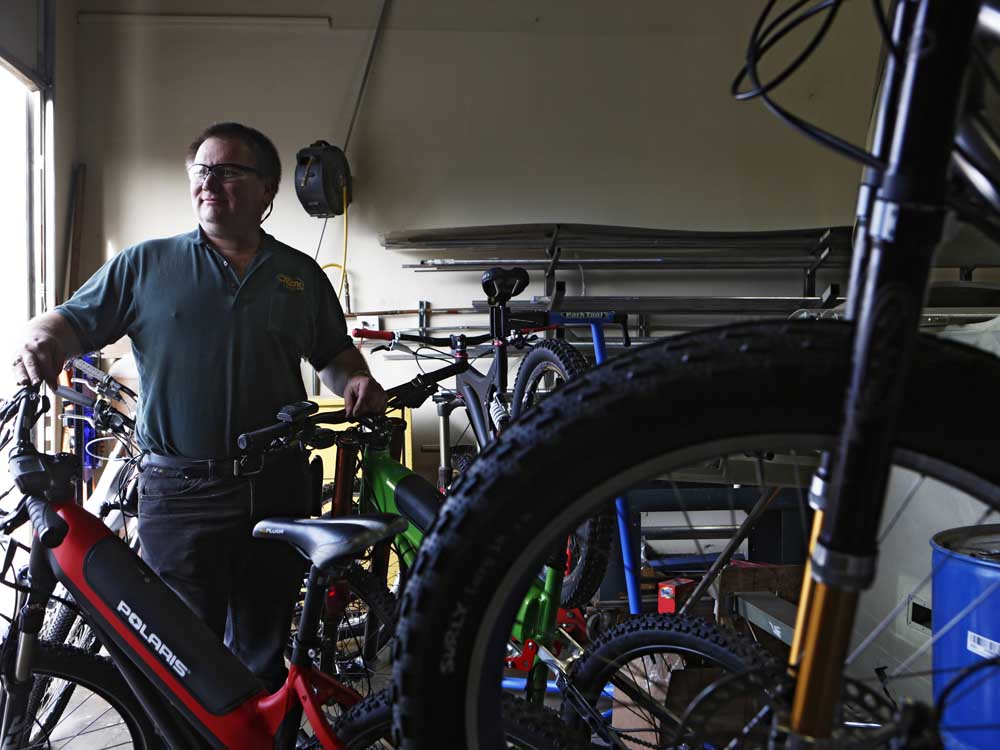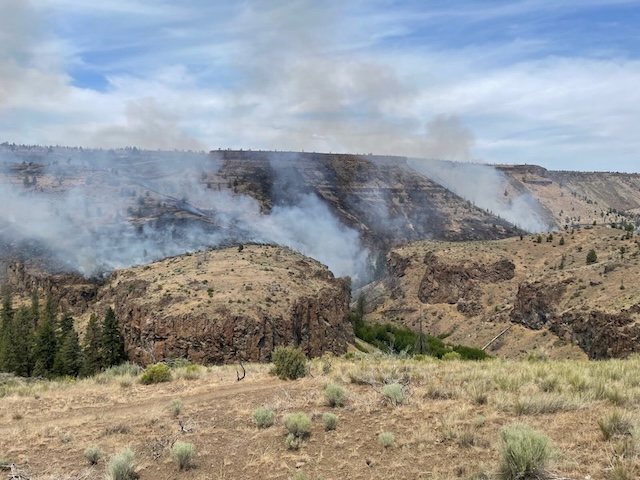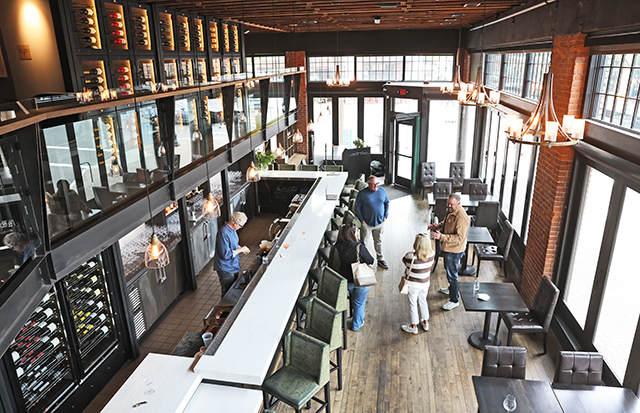Redmond business makes aftermarket bike forks
Published 12:00 am Tuesday, March 15, 2016

- Jarod Opperman / The BulletinKevin Risse, owner of Risse Racing, at his facility in Redmond on March 10.
REDMOND — In an ordinary, 4,000-square-foot industrial space across the street from the Redmond Airport, Kevin Risse found a home for innovation.
At Risse Racing Technology Inc., Risse and his employees make aftermarket shock absorbers, front and rear, for popular brands of mountain bikes. Risse Racing also makes an electric trail bike and services mountain bikes.
“The service business part of our business is growing,” Risse said Thursday. “People want to keep their bikes as their bikes get older. Not everyone wants to spend $4,000 on a bike, and for $100 you can get it working like new again, maybe a little more than an oil change in a car, but Jiffy Lube doesn’t do mountain bikes.”
Risse started out with a bachelor’s degree in mechanical engineering from Santa Clara University, in California, and worked a short stint at Fox Factory Inc., a maker of shock absorbers for bicycles, off-road vehicles, snowmobiles and other vehicles. Bicycles are Risse’s forte. He started out on his own in business just as mountain biking was becoming popular. He recalled the advice a cousin with experience in start-ups in the San Francisco area offered him in the early 1990s.
“He was like, ‘People wait lifetimes for an opportunity, and you’re young and don’t have anything to lose, so go for it,’” Risse said. “That was 1991. We started with mountain bike stuff and actually got a contract with Trek to make a couple thousand shocks. And that’s how we justified buying some equipment.”
Tucked inside the warren of shelves brimming with bike parts and raw materials are the machines Risse is talking about — computerized numerically controlled, CNC for short, milling machines and lathes. They can take a fist-sized chunk of aluminum and turn it, for example, into a triple clamp for a bicycle front fork in minutes. Everything Risse Racing sells as replacement parts for bicycles is made at the shop, he said.
Risse moved the business from Redding, California, to Redmond in 2009 to be closer to Central Oregon’s mountain bike trails and aircraft makers like Lancair, Risse’s corporate neighbor and a firm for which he sometimes manufactures parts. His customers are primarily bike shops worldwide, he said. Risse Racing supplies the parts that keep older bicycles on the trail after the original equipment has worn out.
“Most of our business is a bike shop calling to say, ‘I’ve got an old bike my customer needs a shock for,’” he said.
Next month, Risse Racing is rolling out a small number of electric bikes built in the Redmond shop from the ground up and fitted with a Polaris electric motor and battery. Risse is planning to ride the prototype, the Green Juicer, in the Subaru Sea Otter Classic bicycle races next month in Monterey, California. The Juicer is built with a 750-watt capability but for the race is scaled down to 350 watts, about 14 mph on a level surface. The average human on a bicycle is capable of sustaining a short burst that produces about 600 watts, by comparison, he said.
Risse’s plan is to build several electric bikes next month and sell them at Sport Zone-Pop Worldwide, his girlfriend Anne Carr’s business in Sunriver. He unveiled his version of the electric trail bike two weeks ago at a Sacramento, California, bicycle show. Electric bikes have a future as trail riders begin aging, or just start looking for gas-free alternatives to travel, Risse said.
“We’re going to build four of them,” he said. “That’s the game plan. One is the demo model, and then in mid-April we’ll have the first four complete.”
— Reporter: 541-617-7815, jditzler@bendbulletin.com
Q: What separates your forks from the factory version?
A: Kevin Risse: Most of our products are real strong for downhill and real aggressive riding. We do the tuning, so they’re adjustable, so that if someone’s doing lots of downhill races, they can really tune the fork’s spring rate and damping so that it works for those type of trails.
Q: What is the market for electric bikes?
A: If you have a knee injury and you’re recovering, or people who like to get out and ride and train and get exercise (with some) assistance. Or if someone’s a big racer and (his or her spouse) doesn’t ride that much, well, they can ride an electric bike and keep up. And they’re just fun. We want people to ride bikes and try all of them. Because it’s a slow or low amount of wattage and assistance, it’s not like a dirt bike on a trail, where it’s going to tear up the trail.






